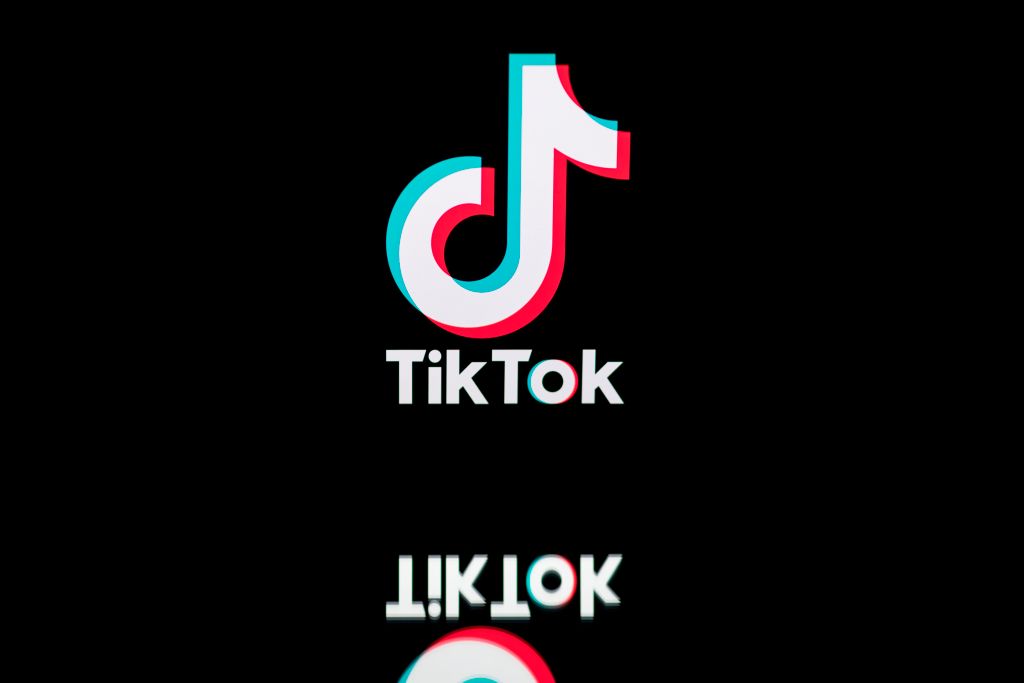
A woman who was suspended by TikTok after posting viral videos critical of the Chinese government’s actions in Xinjiang said in a Twitter post that the Chinese video-sharing app has restored her account and apologized.
New Jersey teenager Feroza Aziz had posted a series of videos that initially looked like makeup tutorials, before quickly morphing into stinging rebukes of China’s treatment of Uighur Muslims. “So the first thing you need to do is grab your lash curler, curl your lashes, obviously, then you’re going to put them down and use your phone that you’re using right now to search up what’s happening in China,” she said in one.
“I thought if I made this sound like a makeup tutorial, people would want to watch it,” Aziz earlier told CNN. “When I spoke straightly about the Uighur Muslims, that video got taken down.”
TikTok, owned by Beijing-based ByteDance Inc., blamed a “human moderation error” for the removal of her viral video, noting in a lengthy statement that a previous account belonging to Aziz was removed for posting a video including an image of Osama bin Laden, which violated their guidelines. The company says Aziz’s video doesn’t violate its standards, shouldn’t have been removed, and was only offline for 50 minutes total. TikTok says it is conducting a broader review of its content moderation process.
Read more: TikTok Is Turning New Artists Into Viral Sensations. But Who Actually Benefits?
U.S. lawmakers have expressed concern that the app’s growing popularity poses a national security risk, including censorship by the Chinese government. The U.S. has leveled similar claims of potential censorship against Chinese tech companies like Huawei Technologies Co., while sanctioning others like security camera maker Hangzhou Hikvision Digital Technology Co. Ltd. for their involvement in Xinjiang.
The incident is the latest flare-up for companies that have to navigate political sensitivities in China as well as government and consumer backlash in the U.S. and elsewhere to actions seen as caving to China’s political ambitions.
Chinese state television in October dropped all National Basketball Association coverage after a team official’s tweet in support of Hong Kong pro-democracy protesters, as well as almost all Chinese sponsors cutting ties with the league. Meanwhile, a Dreamworks Animation children’s movie was banned in neighboring Vietnam because it contained a map of the South China Sea reflecting China’s expansive and widely disputed claims.
–– With assistance from Melissa Cheok and Jihye Lee.
More Must-Reads from TIME
- Donald Trump Is TIME's 2024 Person of the Year
- Why We Chose Trump as Person of the Year
- Is Intermittent Fasting Good or Bad for You?
- The 100 Must-Read Books of 2024
- The 20 Best Christmas TV Episodes
- Column: If Optimism Feels Ridiculous Now, Try Hope
- The Future of Climate Action Is Trade Policy
- Merle Bombardieri Is Helping People Make the Baby Decision
Contact us at letters@time.com